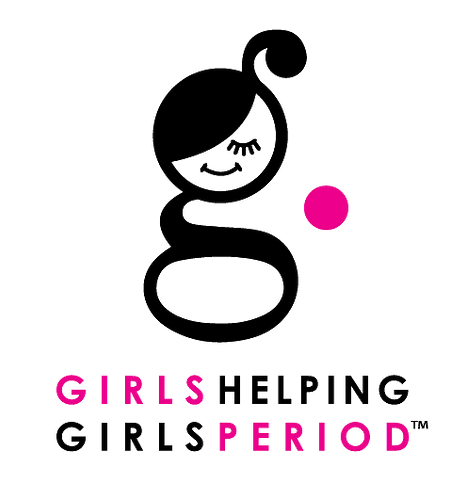We recently got a note from a school nurse in a district where most families struggle financially. It is typical of what we hear all too often. The note read, “A student came to the health office to show me that her pants were soiled from her period. I gave her a sanitary pad and also reminded her to bring an extra one to school tomorrow. She told me, ‘I don’t have any,’ so I called her mother to bring a clean pair of pants as well as an extra pad, but her mom said, ‘We don’t have pads. I don’t have the money.’ Now I am aware that my student has been using toilet paper for her period every time because the parents can’t provide pads. It breaks my heart.”
This note highlights a few important ideas about periods and students and how a lack of access can profoundly affect education.
1. When students miss out on class, they miss out on opportunities.
This is not simply an issue of period poverty. Anyone who gets a period knows they can come at any time; even if periods are regular, they arrive… when they arrive. It is unreasonable to expect every person to have a pad or a tampon with them at every moment.
Forcing students to search for a menstrual product, rather than allowing them to manage their periods with dignity in the bathroom, is a colossal waste of time and forces them to miss valuable class time.
Policies that do not explicitly state that free pads and tampons must be available for students, intentionally or not, create a stigma and exacerbate the shame surrounding menstruation. This issue has been in the headlines for too long for administrators and lawmakers not to be aware of the situation. Those who have not made rectifying it a priority when education is suffering send a message to us all that they do not value the education of half of the student body.

2. The nurse’s office is where students should go when they are injured or sick.
A menstruating student is neither of those things. Students who are in need of menstrual supplies should find them (and this seems painfully obvious) where they need to use them, in the bathroom.
The nurse who wrote the note above had no menstrual supplies to help the student because her school does not offer them at all, and her budget does not even cover all the basic first aid supplies she told us she needed. She pays for some of them out of her salary or relies on parent donations (again, in a school district where most families live below the poverty line).

3. Why are period products so often located in the nurse’s office?
The answer is generally because… that’s how things have always been done. Schools and school policies were not originally designed with girls in mind or by women. The same holds true for workplaces, where change has come more readily, largely due to the fact that adults are more apt to advocate for themselves and because the adults in charge use the same bathrooms as the workforce.
In schools, it is not uncommon to find administrators (both men and women!) who have no idea how their students manage their periods (or struggle to) because they don’t visit the student restrooms. Embarrassment keeps students from asking staff for menstrual products, so they often have accidents, miss class in search of products, or just leave school.
Not so fun fact: Many schools prohibit students from leaving class to go to the bathroom with anything in their possession. Students tell us they can’t bring their backpacks or phones (where they sometimes hide pads in the case) to the bathroom, so they are forced to either go to the nurse or announce to the teacher that they need to bring along a tampon or pad. All of this is embarrassing and wastes class time.

4. We should not, and can not, leave menstrual education to school nurses or even to schools.
Only 17 states “require medically-accurate reproductive health education.” The Period Education Project is a nonprofit that pairs trained medical students with youth-serving organizations. Some of the education PEP provides to school nurses who aren’t always equipped or do not have the time to offer a full menstrual health lesson.
Girls Helping Girls. Period. has worked in schools where we’ve learned the male PE teacher tasked with leading the puberty health lesson simply is not comfortable talking about the topic, so he skips it, regardless of the fact that he is based in a state that requires it be taught.
Providing period products in school bathrooms for free is no more radical than providing toilet paper. It is necessary for student dignity, health, and equity. Regardless of whether we have a student who menstruates, we all must advocate for and support policies that provide these most basic necessities. Our children’s education literally depends on it.


